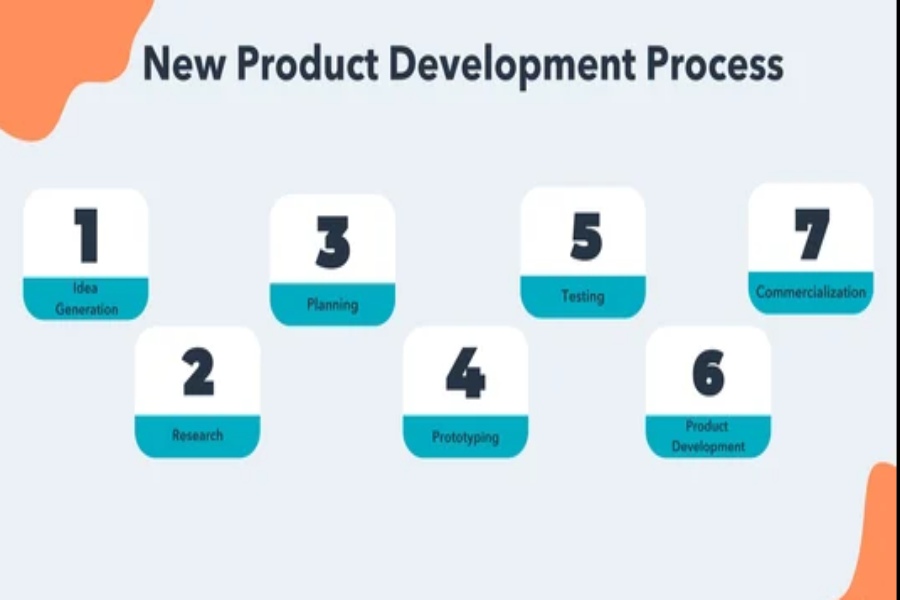When entrepreneurs develop new products, it’s not just their businesses that see growth—other companies can also benefit significantly. From boosting supplier demand to creating fresh market opportunities, the ripple effect of innovation can fuel widespread economic expansion. So, how exactly does entrepreneurs’ creation of new products spark growth for others?
One of the primary ways other companies experience growth is through supply chain demand. When entrepreneurs launch a new product, they often need to source materials, components, and services, leading to increased business for suppliers and manufacturers. This boost in demand can help these companies expand their operations, hire more employees, and invest in new technology, thereby stimulating overall economic development.
Moreover, introducing new products often generates competition, encouraging established companies to innovate and improve their offerings. When a start-up disrupts the market, it pushes larger corporations to reevaluate their strategies, leading to advancements in quality, efficiency, and customer service. This competitive environment benefits consumers with more choices and better products while driving industry-wide growth.
Furthermore, the introduction of new products often paves the way for new markets and opportunities for collaboration. For instance, when a tech entrepreneur launches a groundbreaking app, it can lead to partnerships with hardware manufacturers, software developers, and marketing agencies. These collaborations foster a network of growth and innovation, benefiting all parties involved and driving further advancements.
The rise of new products also leads to increased marketing, distribution, and retail activity. As entrepreneurs introduce fresh products, they collaborate with advertising agencies, logistics companies, and retailers to bring their creations to market. This increases sales, higher revenue, and job creation in associated sectors.
In essence, when entrepreneurs innovate, they don’t just contribute to their own success—they set off a chain reaction that benefits multiple industries. From suppliers and competitors to marketers and distributors, the introduction of new products triggers a wave of growth that extends far beyond the start-up itself, helping the broader economy to flourish and evolve.

